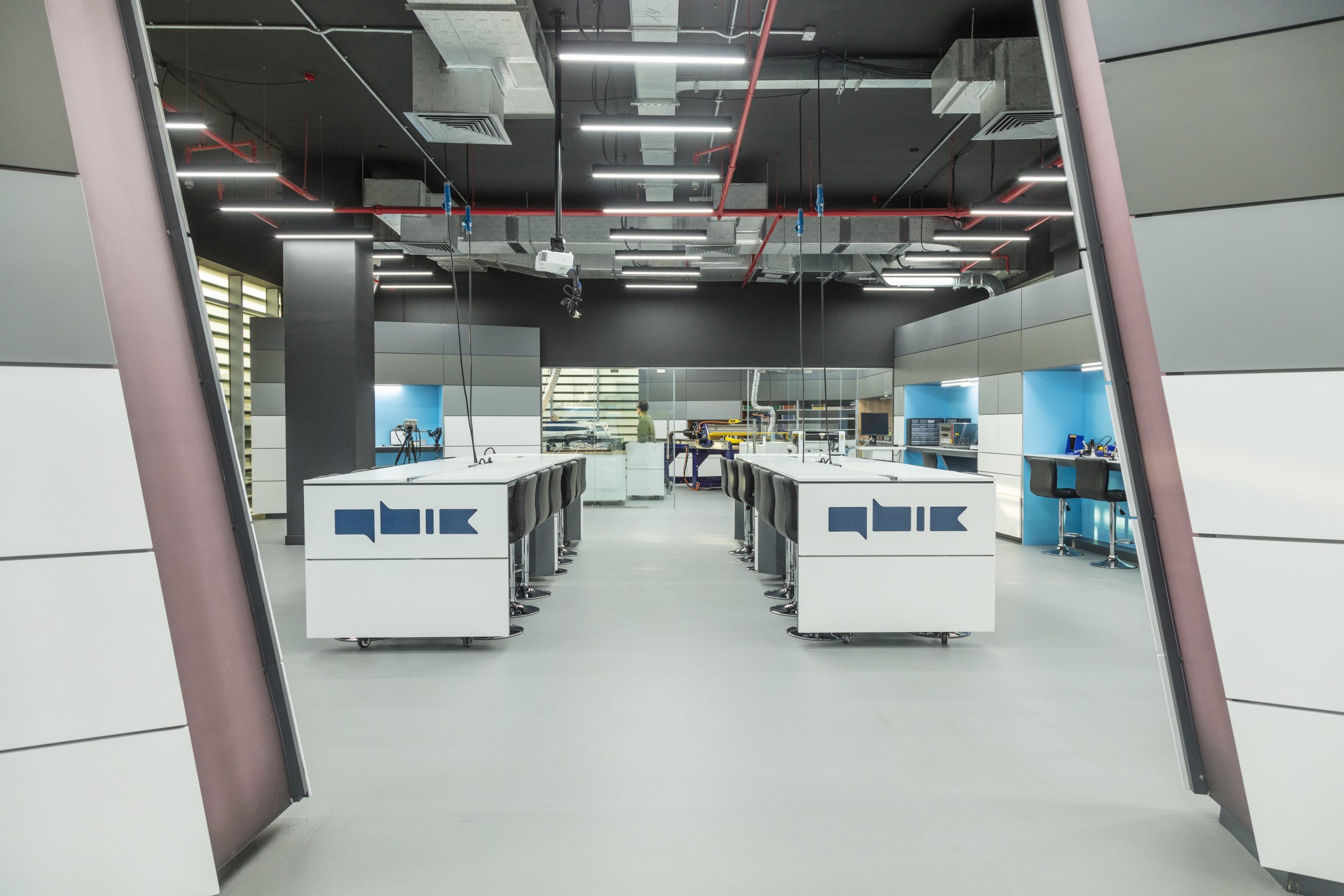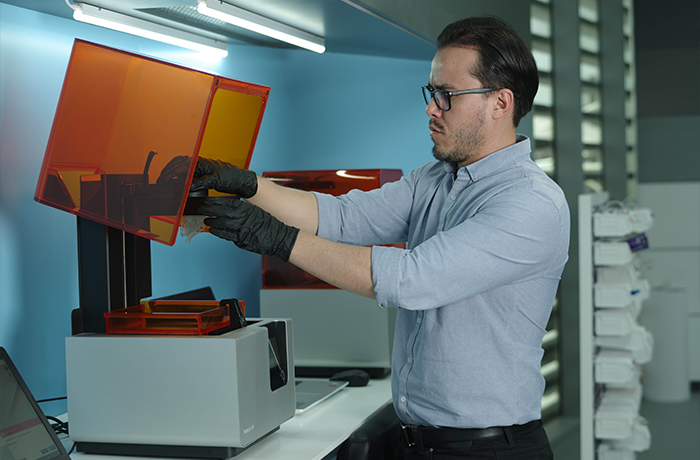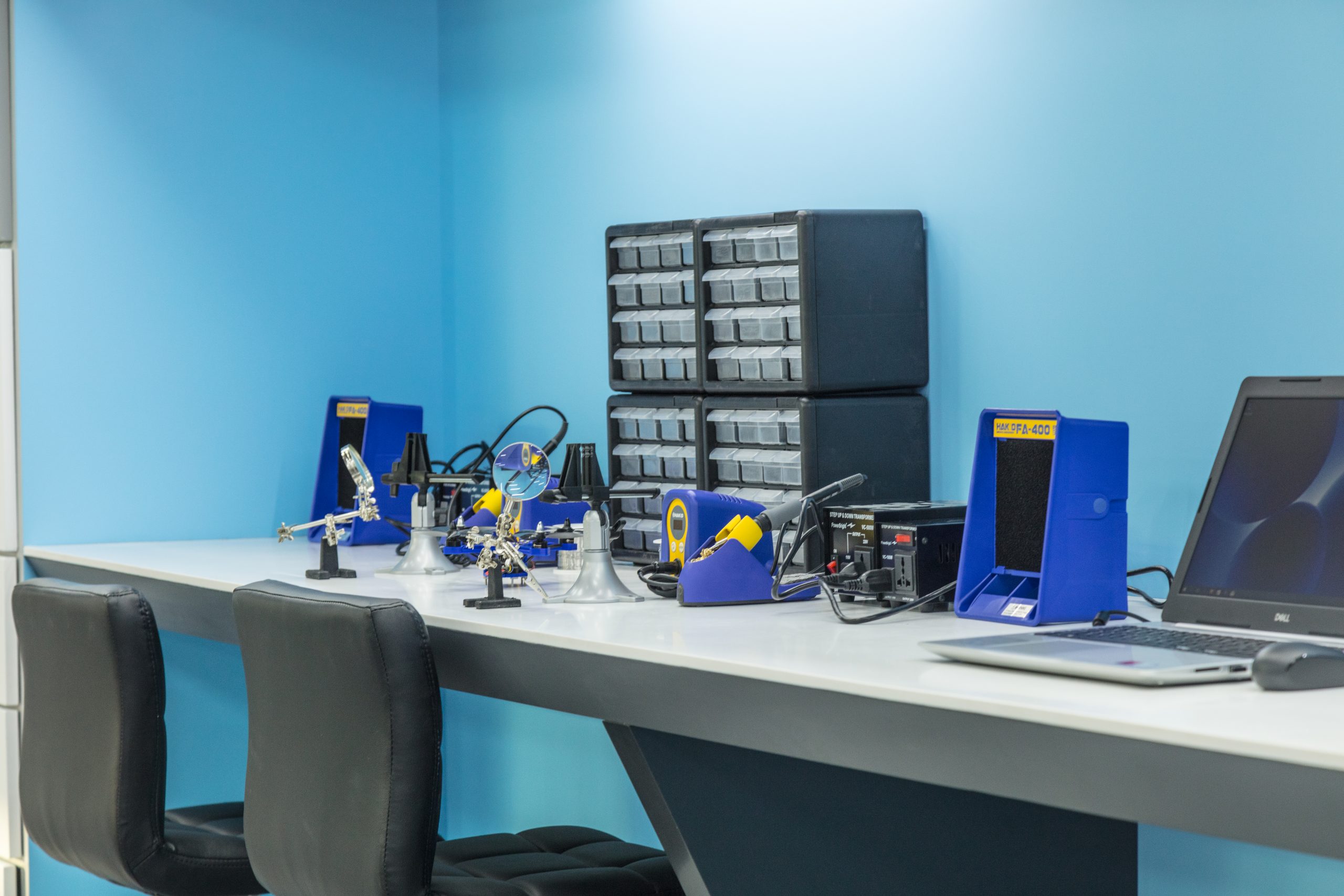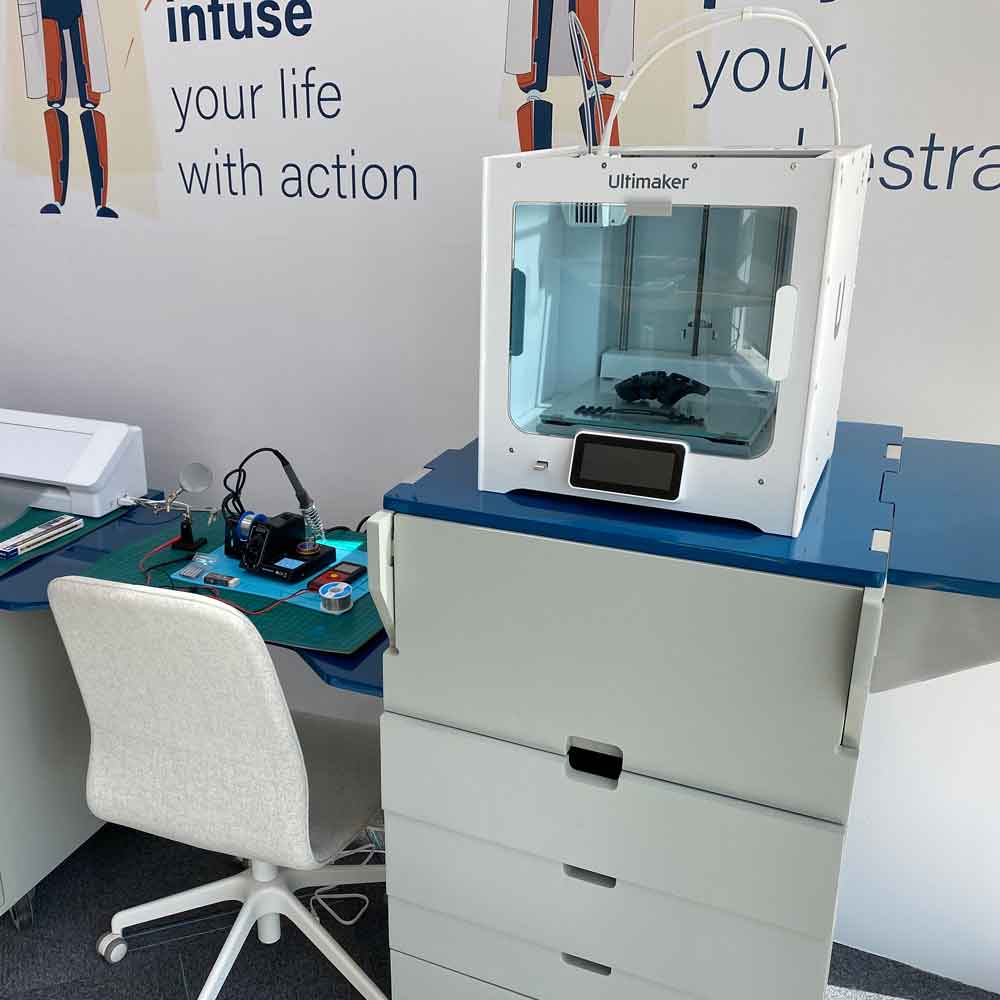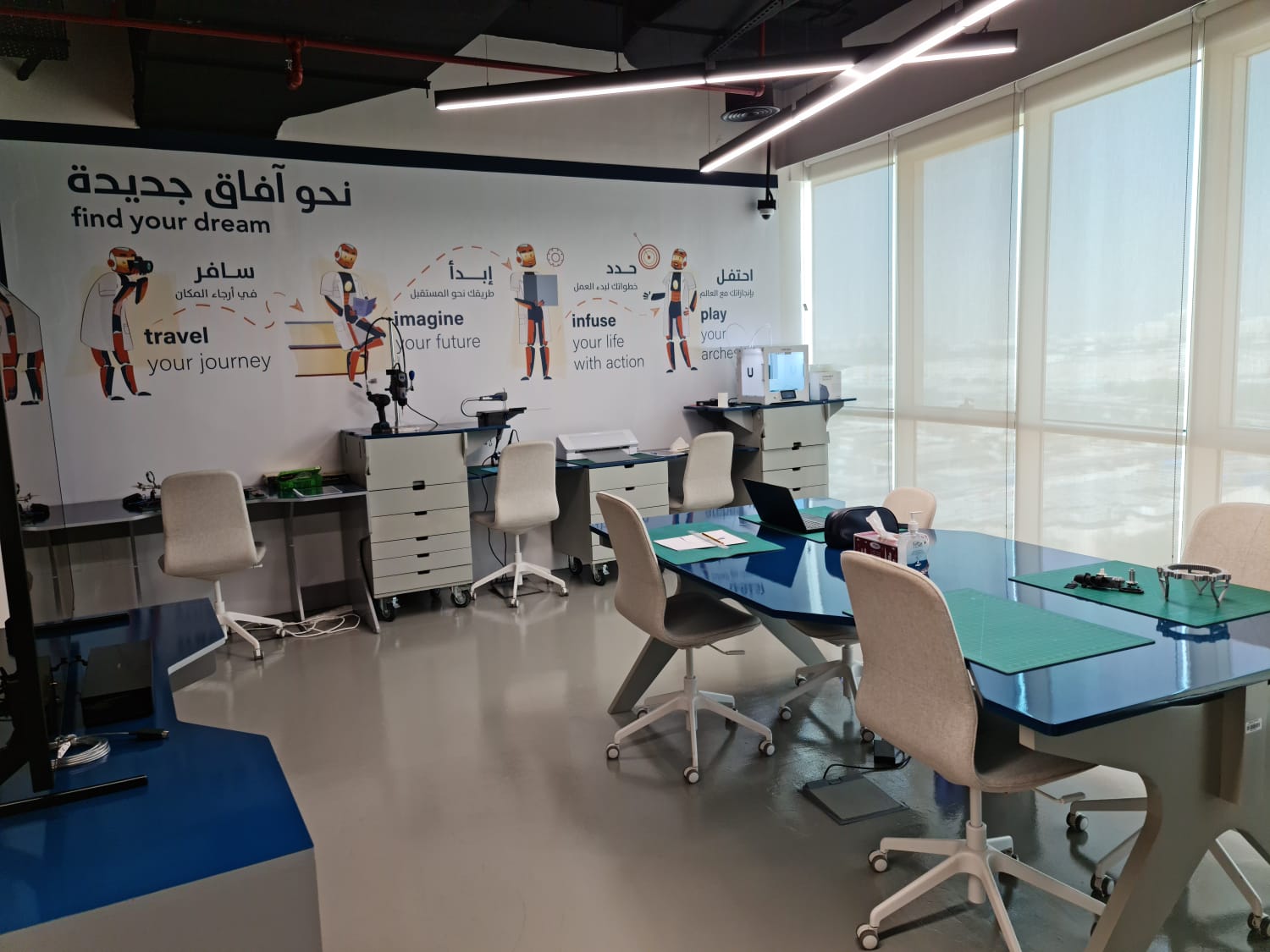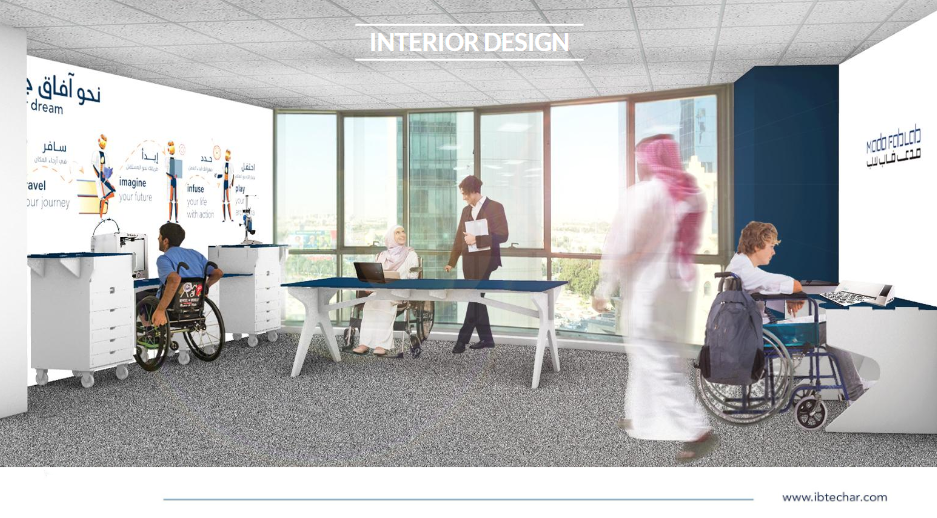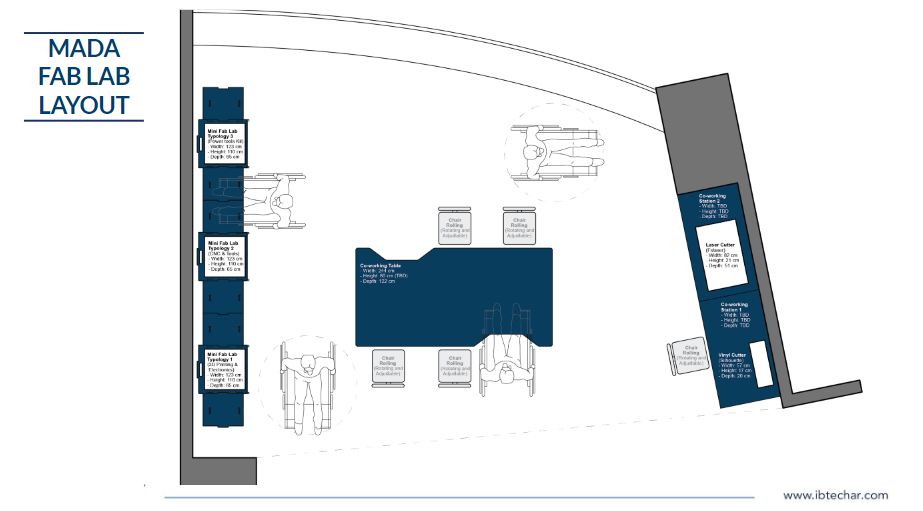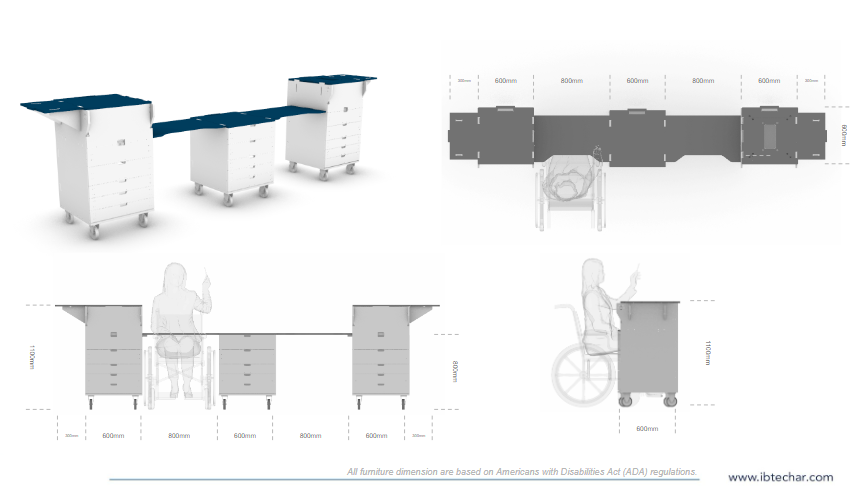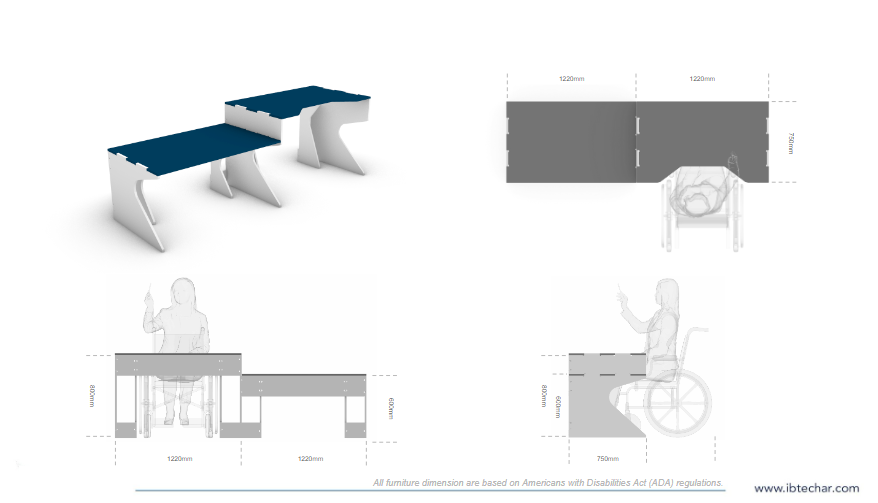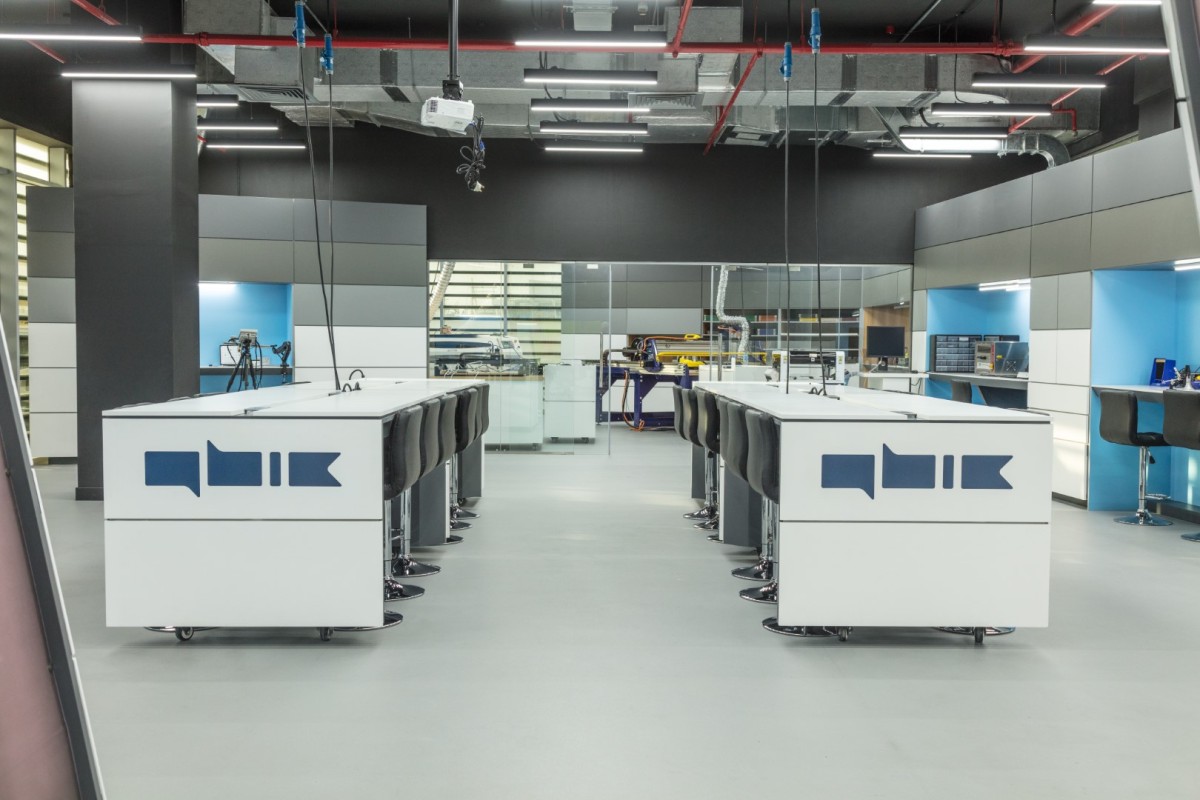
Ibtechar Designs Qatar’s First User-Centered Innovation Space
Innovation Development and Management
Discover more
Qatar Business Incubation Center (QBIC)
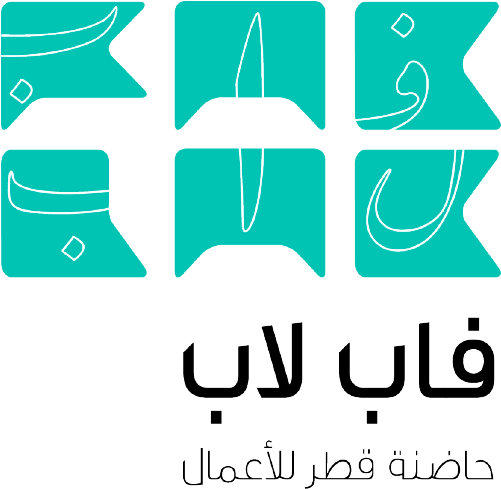
Ibtechar designs the Qatar’s First User-Centered Innovation Space.
Project Overview
OVERVIEW
Qatar Development Bank (QDB) has been advancing Qatar’s economic development by empowering Qatari entrepreneurs as well as small and medium-sized enterprises (SMEs) through various initiatives. In order to provide entrepreneurs and SMEs with an all-encompassing facility to strengthen their capabilities in the areas of prototyping and product development, and continually enrich the overall innovation landscape in the country, QDB conceived the idea of the Qatar Business and Incubation Center Fabrication Laboratory (QBIC Fab Lab).
For this purpose, QDB engaged Ibtechar, Qatar’s leading practical innovation solutions provider, and an active contributor to Qatar’s journey towards a knowledge-based economy, to lead the ambitious project in its entirety, from design to creation and development to management.
THE PROJECT
QDB envisioned a first-of-its-kind prototyping facility for entrepreneurs and SMEs in Qatar where they would find the required technical and advisory support to turn their creative ideas into tangible products. This was largely motivated by QDB’s desire to address the gap young businesses were facing when it came to prototyping and product design. The unavailability of such a dedicated space locally meant that many of the entrepreneurs and SMEs were compelled to test their ideas outside of Qatar, adding to costs, processes and time.
To realize their ambition, QDB appointed Ibtechar to take full charge of the establishment, operations and management of the unique facility. Ibtechar’s team then developed a spectrum of solutions that involved working with multiple stakeholders to design the facility, oversee its construction, procure the necessary equipment, build a team of technical experts to operate the space, create relevant training programs for entrepreneurs and SMEs to benefit from and ultimately engage the innovation ecosystem.
Ibtechar’s solutions were aligned with the key objectives to raise SMEs and entrepreneurs’ awareness about various technologies, tools, and equipment used for digital manufacturing, boost their skills and confidence in the areas of product design and testing, and facilitate the creation of innovative ‘Made in Qatar’ products and services embodying technology-based designs. Another major goal that Ibtechar worked to meet was to empower young businesses in the private sector to fully utilize state-of-the-art technologies and play an active role in developing Qatar’s knowledge-based economy.
OUR APPROACH
Ibtechar’s team quickly identified that, in order to create a truly fulfilling user experience, the design of the space would play a critical role. To create an environment that stimulates and engages SME and entrepreneurs throughout their creative journey, the team used the concept of human-centered design, focusing on the different stages of thinking and creativity, and divided the facility into three main areas.
Area 1 was intended to be used specifically for soft prototyping processes. This is now where all the brainstorming and ideation sessions are held between the technical and creative teams of the QBIC Fab Lab and its users, to examine and define all the requirements of an idea or potential product. Area 2 was designated for small-scale prototyping, which involves the use of equipment such as electronics, vinyl printing and 3D printing, and is primarily for defined and clean prototyping work. Area 3 was allocated for medium-scale prototyping that requires large manufacturing machines and equipment. This area has been designed to contain dust and odor particles and has been soundproofed to confine any fabrication noise.
While the design solution was built to make innovation accessible and inclusive for users, to enable shared content and value, and encourage self-sufficient processes as well as collaboration within an interconnected community, it had to be accompanied with the right expertise and technologies so that it could stand the test of time. With a lack of relevant technology creating a visible gap in the local innovation landscape, Ibtechar sourced and equipped the QBIC Fab Lab with cutting-edge equipment such as 3D printers, 3D scanners, laser cutters, and computer numeric control (CNC) routers. This opened up access to a wide range of tools that innovators in Qatar can use to test their ideas faster, and consequently create market-ready products.
“Since the infancy of this project came about during a critical geo-political moment – the GCC crisis – a lot of our energies were focused on building a team of specialists passionate about leading the digital fabrication agenda in Qatar,” says Nayef Al-Ibrahim, CEO and Co-founder of Ibtechar. “As we were creating the facility, we wanted to ensure that everyone who came here would find not just the technology but also the right guidance to maximize their success.”
With the set up and resources in place, it was also fundamental to generate awareness of digital fabrication and the benefits it unlocks for SMEs and entrepreneurs. For this, Ibtechar began connecting with the community through various competitions, conferences and school visits. These were coupled with dedicated workshops tailored for various age groups, offering specialized training to innovators to learn computer-aided design (CAD), specifically 3D modeling and 2D design.
Using its demonstrated expertise in project management, Ibtechar developed the QBIC Fab Lab to assist students, entrepreneurs, SMEs, and microbusinesses through every step of their product development journey with purpose-driven services such as ideation, fabrication, product design and assembly.
THE IMPACT
Using Ibtechar’s design and support, the QBIC Fab Lab has evolved into one of the most prominent digital fabrication facilities in the Middle East. Just in the first six months of 2020, the facility hosted 30 general and specialized training workshops for entrepreneurs and startups, facilitated the development of 45 prototypes following nearly 285 hours of training, and organized at least 16 events and seminars to increase public knowledge of digital fabrication.
The success of the space has been propelled by Ibtechar’s consistent focus on engaging the innovation ecosystem and continually developing training programs to equip SMEs and entrepreneurs with the skills they need to test their ideas. Essentially, the QBIC Fab Lab has helped young business owners overcome concerns around investment and market viability in that it shrinks that process. This means that instead of entrepreneurs worrying about the investment required to buy equipment or go overseas to mass produce something, they can use the space to establish a connection with the target end-user and get the necessary feedback required to develop their product locally.
The world-class QBIC Fab Lab has created a larger impact on the wider innovation ecosystem in Qatar. Expanding its scope of service from originally only assisting early-stage entrepreneurs, the QBIC Fab Lab has garnered the trust of larger organizations, such as Hamad Medical Corporation, Qatar Foundation, Qatar Museums, who have used the facility to develop innovative products.
Other success stories are linked to factories and microbusinesses that have benefited from the services of the laboratory, easing their production processes and enhancing efficiency. Many have been able to produce spare parts or automate something that is part of their production line at the facility without feeling any compulsion to consider options outside of Qatar.
